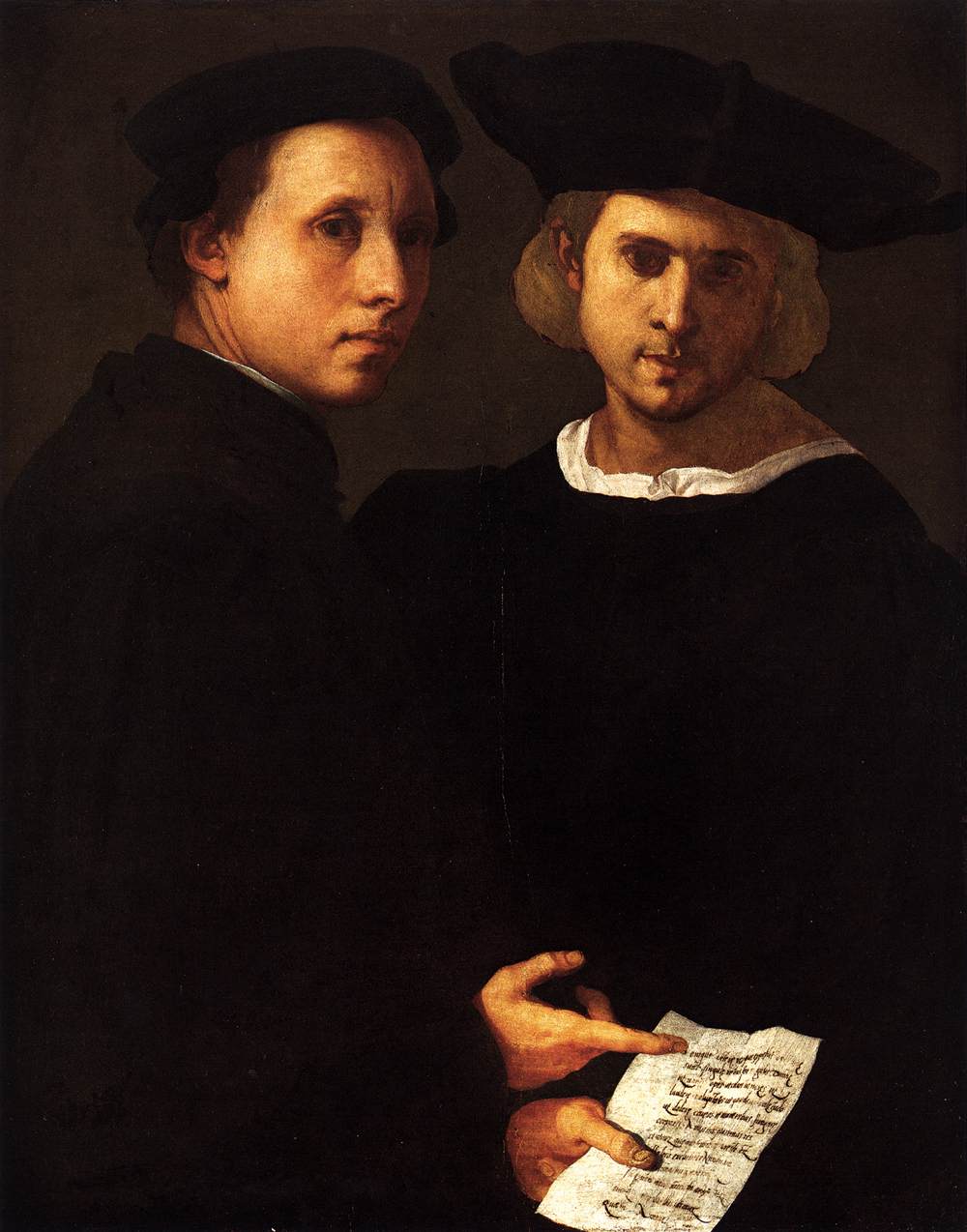Many authors excel at the flowery descriptions, the planned-out plotting, the character development. But dialogue is a whole different animal. If you want yours to be any good at all, stop writing and start listening.
How People Talk
In the movie
Young Adult, Charlize Theron is a ghostwriter who writes a popular YA series. She's also totally screwed up, but that's beside the point. In the film, there are a few funny scenes were she noticeably eavesdrops on teenage girls having casual conversation. Later, she uses what she's heard in her writing. Listening to people talk, in a non-creepy way, is totally acceptable. More than that, it's what every author ought to do.
Again, I emphasize the part about not being creepy. Don't listen in on people's intimate or personal conversations. But out in public locations when people are just chatting? Pay attention to what they're saying, and get more of a feel for how people really talk. And write that way.
You should always be writing your
dialogue realistically. If you're writing about teenagers, know what teenagers are saying and how they speak to each other. If there aren't any teens handy and the mall is too far away, get on Twitter. Go into a chatroom. See what the teens are saying to get a feel for their language. If you're writing about someone elderly, listen to some elderly folks speak. Go to a nursing home, or to a McDonald's early in the morning, and listen.
As a writer, you should always be listening. This is the only way you can learn to write real dialogue. If you listen enough, you'll be able to hear your characters talking while you write the dialogue. Then, you'll know if it sounds real or not. When you're done writing, go back and read your dialogue out loud. Great dialogue takes a lot of work, but if you can learn how to do it you'll always have people willing to read what you write.
























